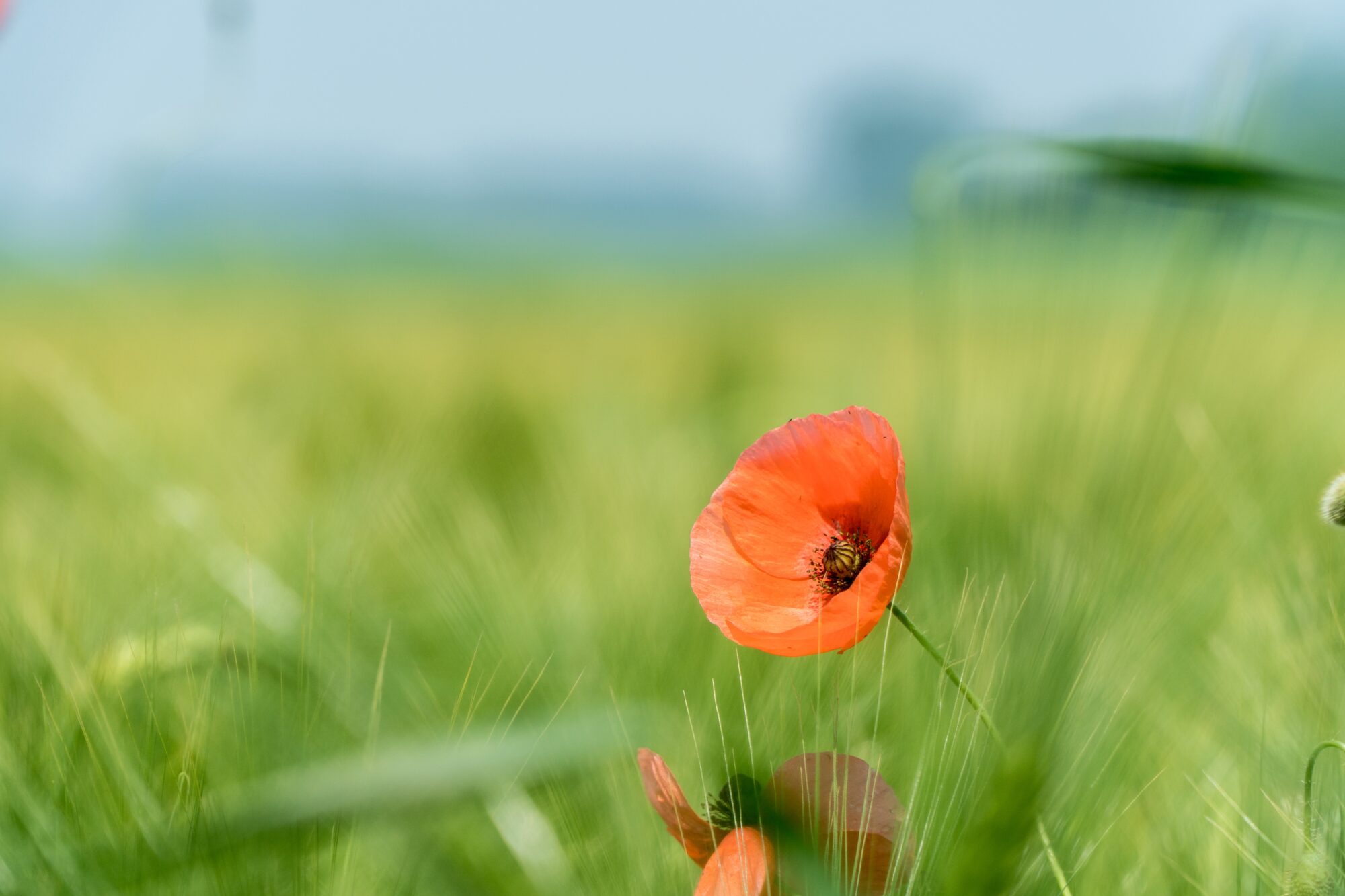Thanks to the guidance of EcoRise Youth Innovations, a recent grant from the City of Austin’s “Bright Green Future” program, and a grant from Scotts Miracle-Gro Company’s “GRO1000” program, Nicole Welling and six students of Eastside Memorial High School at the Johnston Campus are revitalizing a campus courtyard with permaculture-style food growing systems, native plants, water conservation techniques, and they are creating a new outdoor classroom structure.
The City grant helps students, teachers and parents envision a “bright green future” through a variety of hands-on learning projects. Mentoring support has been shared and will continue to be provided by the Austin Permaculture Guild, Upcycle Organics, Keep Austin Beautiful, Austin Community College’s Building and Construction Department and EcoRise Youth Innovations.
“We are creating an outdoor classroom that produces food, reduces waste, and cycles nutrients,” says Eastside Memorial High School teacher Nicole Welling. “Our school project is part garden, compost system, flow form, wicking bed for plant propagation, and outdoor learning area. The ‘big picture’ is an integrated system that produces food and fertility for future generations.”
Nicole, an ESL (English as a Second Language) teacher, asked her students to consider the question, “how can we create an outdoor learning space that adds value to our campus and makes use of sustainable practices?” The students – mostly seniors who are strong team leaders – were also asked how their project could positively impact the community.
The vision Nicole and her students have to improve Eastside Memorial High School’s campus reflects the impressive changes going on within the school. Students at Eastside have shown strong academic improvement in recent years. The new outdoor learning space reflects these achievements, while also creating a place where the community can interact and where learning can happen outdoors. Nicole remarks,
“Our outdoor classroom is also a creative solution to Nature Deficit Disorder, obesity, and food desert problems ubiquitously represented in low-income neighborhoods. As student leaders, my class has identified a neighborhood need of increased access to higher quality food, where there is typically a lack of in surrounding grocery and convenient stores. By creating the outdoor learning space, Eastside students will introduce healthy food solutions while they learn to produce food with simple tools – a lifelong skill they can share with their families and community.”
The project is also an excellent example of collaboration. Nicole notes, “We have an excellent coalition of teachers, administration, and community members who champion Eastside students and their right to a quality neighborhood school. Eastside’s strength is in the community – a combination of nonprofit organizations, neighborhood sponsors, educational research institutions like Johns Hopkins, dedicated teachers, and of course our students and families. We believe we have a strong foundation for this project!”
The good work continues!
If you would like to participate, donations are also being accepted for ongoing Eastside garden and outdoor classroom improvements. Please contact Nicole Welling (writetonicole@gmail.com), or EcoRise Program Director Jonathan Stott (jon@ecorise.org).
EcoRise Youth Innovations wishes to thank the following businesses for joining the City of Austin and Scotts Miracle-Go Company in supporting the first phase of this worthy project: Callahan’s General Store, Dripping Springs Ollas, Eastside Lumber and Decking, The Home Depot, Geo Growers, in.gredients, Keep Austin Beautiful, The Natural Gardener, Rockstar Bagels, TreeHouse and Upcycle Organics.




